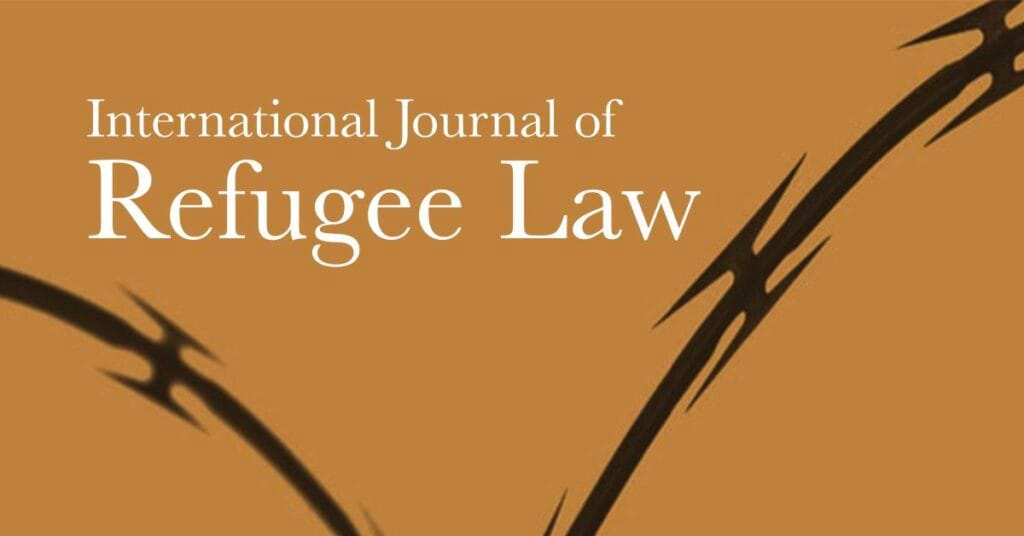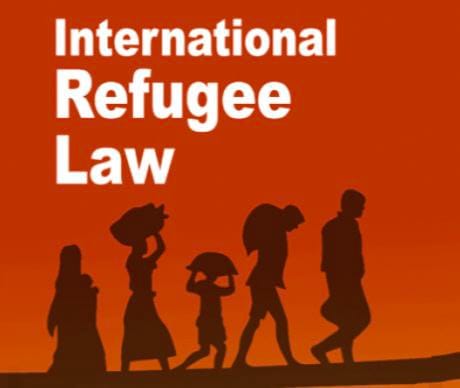Define International Refugee Law

International Refugee Law is a branch of public international law that provides the legal framework for the protection of refugees. It governs the rights of individuals who have fled their home countries due to persecution, conflict, or violence, and the obligations of states to protect these individuals. The core principles of international refugee law are enshrined in various international treaties, conventions, and customary laws.
The most significant legal instrument is the 1951 Convention Relating to the Status of Refugees, along with its 1967 Protocol, which together outline the definition of a refugee and the obligations of states toward them.
Key Elements of International Refugee Law :

- Refugee Definition: A refugee is defined as a person who, owing to a well-founded fear of persecution based on race, religion, nationality, membership in a particular social group, or political opinion, is outside their country of nationality and is unable or unwilling to avail themselves of the protection of that country.
- Non-refoulement Principle: This principle prohibits the return (refoulement) of refugees to territories where their life or freedom would be threatened. It is considered a cornerstone of refugee protection.
- Rights and Obligations of Refugees: Refugees are entitled to basic human rights, such as access to education, healthcare, employment, and freedom of movement, although these may vary depending on the host country. Refugees also have the obligation to abide by the laws of the host state.
- State Responsibilities: States that are parties to the 1951 Refugee Convention have legal obligations to protect refugees. This includes recognizing their status, providing asylum, and ensuring they are not returned to danger.

In addition to the 1951 Convention, various regional instruments, such as the OAU Convention Governing the Specific Aspects of Refugee Problems in Africa and the Cartagena Declaration on Refugees in Latin America, supplement and expand upon international refugee law. The United Nations High Commissioner for Refugees (UNHCR) is the key international agency responsible for overseeing refugee protection and assisting in their resettlement or integration.



